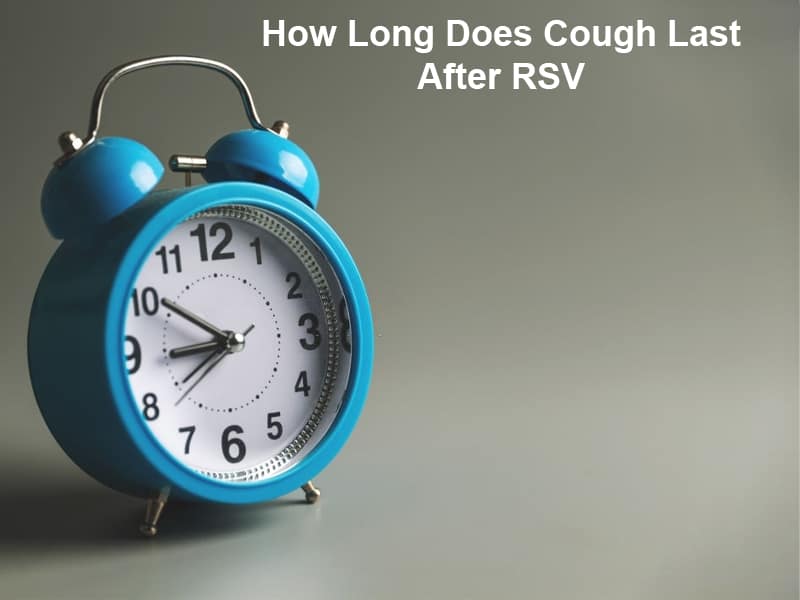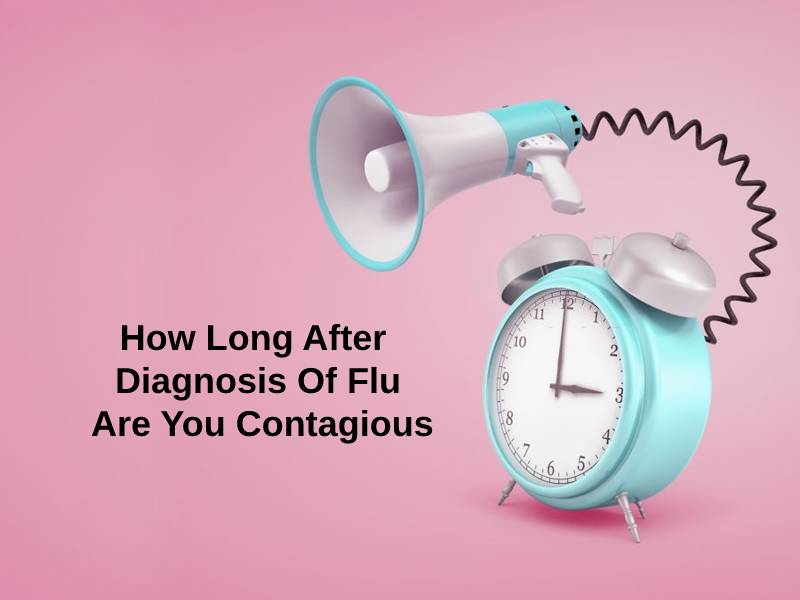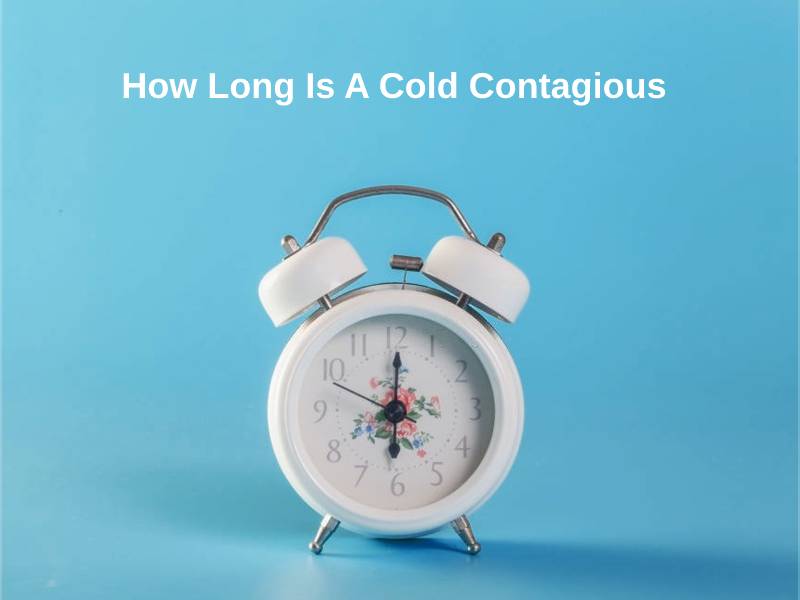Exact Answer : 10 to 14 days
Kennel cough is also called canine infectious tracheobronchitis. It is a respiratory infection that can cause dogs to cough. The term “tracheobronchitis” refers to the part of the body where the pathogen affects the trachea and bronchi. Kennel’s cough is contagious, but with proper treatment, it will be cured within a few days.
Bacteria and viruses play a vital role in causing this disease, which affects the dog’s lungs, voice box, and windpipe. The reason behind the name “kennel cough” is that it spreads quickly among dogs wherever they gather, such as kennels, doggy daycare, dog shows, and training groups. Dogs can spread diseases from one place to another through infected dogs, water, air, and food.
In most cases, the main symptom of kennel cough is a dry cough, but in severe cases, it can lead to symptoms such as high fever or loss of appetite. Kennel cough is also transferred from dogs to humans. People with poor health care issues such as lung cancer or HIV are most likely to get kennel cough.

How Long Is Kennel Cough Contagious?
Kennel’s cough is contagious for about 10 to 14 days. The most common bacteria in kennel cough is Bordetella bronchiseptica, followed by canine distemper or canine flu. This bacteria weakens the immune system and attacks the respiratory system.
| Infections | Recovery time |
| Parainfluenza viral | 5 – 7 days |
| Bacteria and viruses | 15 – 20 days |
| Bordetella bacterial | 10 – 14 days |
There are different signs and symptoms of kennel cough. The effects of kennel cough can be mild or chronic, depending on the cough that lasts for several weeks. The primary symptom of kennel cough is coughing. Other symptoms include a runny nose, honking, nasal discharge, sneezing, apathy, and loss of appetite. If you see these symptoms in your dogs, you should take them to your nearby veterinarian.
It can cause more severe diseases such as canine distemper, and canine influenza viruses can cause symptoms nearly identical to kennel cough, and other conditions can cause heart disease and asthma.
Through the physical examination of the dog, it is easy to find the kennel cough. Mild cases can be cured within a week, and severe cases require long-term treatment. By massaging the dog’s trachea or larynx, the cough gets out. However, if they discharge yellow or green secretions from their noses, the veterinarian will perform unique tests, such as a chest X-ray to check blood cell counts, to determine if they have pneumonia or other infections, such as canine distemper. The veterinarian recommends using antibiotics, cough supplements, and a nebulizer or vaporizer to reduce the effect.
Vaccination may be an important part of kennel cough. Several bacteria and viruses can affect dogs. Hence, effective vaccination is difficult. One should minimize the dog’s exposure to the outside world, and the dog’s food, the dog’s bowl, or the dog’s toys should be kept separate from unfamiliar dogs.
Why Is Kennel Cough Contagious For So Long?
Kennel cough is contagious as it gets passed on easily by direct contact such as sneezing, playing games, or sharing bowls. Other factors that cause a kennel to cough include stress, cold temperatures, dust or smoke, and crowded places.
If the cough is absent, that doesn’t mean the dog is no longer contagious. After that, the dog should receive more care and shouldn’t be out for a while after they are free from symptoms. Because dogs can spread the virus among other dogs, Dogs are more infectious after they stop showing symptoms. Thus, it’s important to avoid taking them out for one week to dog cares, dog parks, and dog shows. During this period, dogs may be anywhere with other dogs.
The health of the dog plays a major role in the recovery time for kennel cough. Compared with young adult dogs, puppies and elderly dogs take longer to heal, and because of their healthy and active lifestyles, the risk of getting canine flu is higher. Healthy humans are not at the risk of getting a kennel’s cough. But people with health problems may get infected and develop pneumonia and upper respiratory tract infections. These infections can be cured by using antibiotics and cough supplements.
Conclusion
Kennel cough is a respiratory infection that leads to cough, sneezing, and loss of appetite. If your dog has symptoms, you must go to the vet immediately. Kennel cough is treatable with the help of a vet and the best way to avoid kennel cough is to stay up to date on the vaccine to keep your dog away from these diseases. Recovery time can take up to 1 to 3 weeks.
One should follow different tips to prevent their dogs from getting kennel cough, such as the dog should use their bowls and toys, keep them stress-free, avoid getting them outside in cold temperatures, keep them away from dust, and use a humidifier.




















